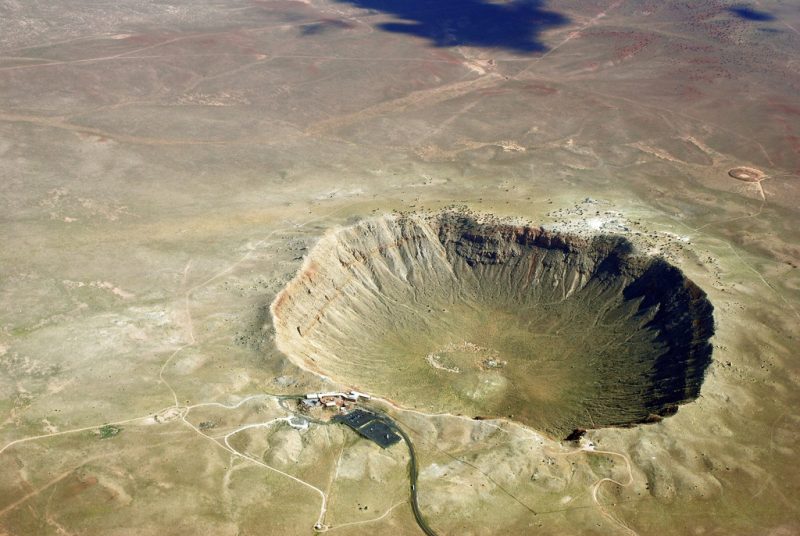Water. Is there anything more important on this planet? Sure, we might ascribe value to things like money, power, or fame, but the truth is, without the simple substance of H2O, there would be no chance for us to enjoy any of the luxuries that life has to afford us, mainly because without water there would be no life.
And while we’re busy looking up at other planets, wondering if they themselves have water and therefore the ability to support life, scientists have been setting about answering the question of just how water came to be on planet Earth.
There are many theories about how water came to earth, billions of years ago. Some scientists believe that water was simply always here on Earth. Others have argued in the past that comets were responsible for the delivery of water. Yet those theories haven’t stood up to scrutiny in the scientific community. The quest to find out the answer to this question has led many a scientist down an interesting road.
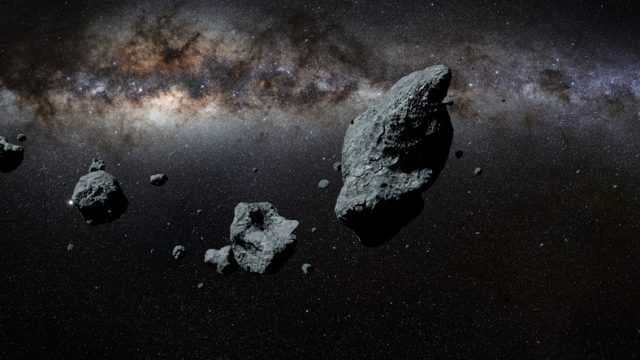
New research has come to light suggesting that water may have arrived from across the stars, thanks to asteroids. According to a research paper written by R. Terik Daly and Peter H. Schultz and published in late April 2018 in the journal Science Advances, it is very possible for asteroids to deliver water upon impact to a planet.
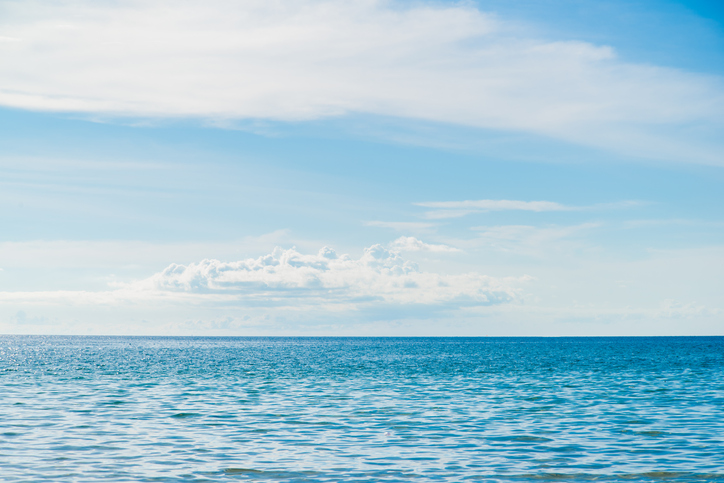
Previously, it was believed that due to the heat of the impact, the water molecules that an asteroid contained would simply be evaporated, leaving no trace behind. However, Daly and Schultz recently conducted a series of experiments to determine if this hypothesis, that water would not survive impact, was true or not.
NASA Apollo moon landings conspiracies
The experiments themselves involved using NASA’s 14-foot barrel vertical gun, designed to fire projectiles at incredibly high speeds. This gun was created for the purpose of simulating meteor impacts for the NASA team to study and research. The two scientists loaded the gun with pebbles known as antigorite, which has a similar composition to the primary type of asteroid that would contain water, the carbonaceous chondrites.
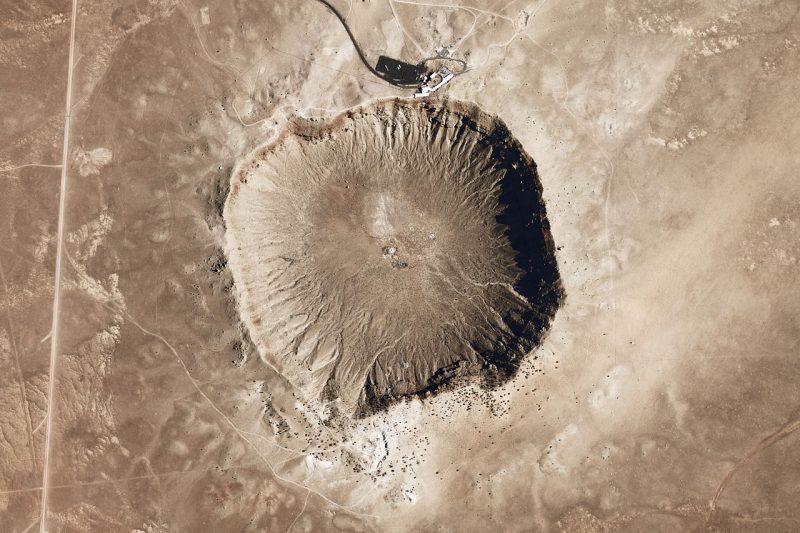
Firing these little rocks into pumice at a speed of 11,000 miles an hour, in order to simulate the conditions of what Earth would have been like billions of years ago, the pair were able to determine that the water molecules indeed survived the impact. While some of the water was evaporated by the heat, upwards to 30 percent of the water actually fused into the pumice, trapping it within the melted rock. With the water trapped, all it would take was a form of heat releasing the water.
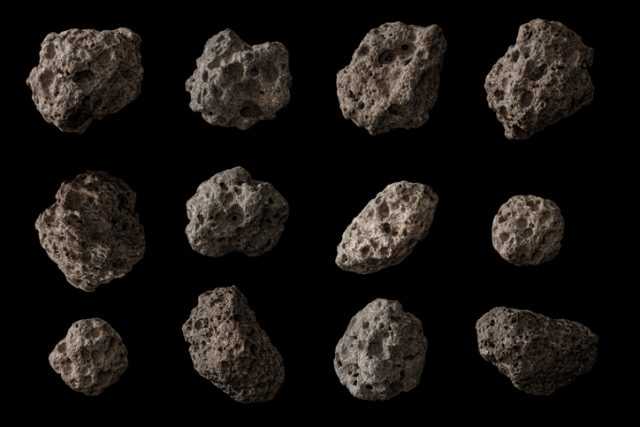
What are the implications of this experiment? Well, for starters it proves that asteroids could have brought plenty of water to earth in the wide-scale event known as the late bombardment. After Earth had formed, there is a hypothesis that Earth, among other planets, was heavily impacted by a series of asteroids that crashed into the planet. During this period, if the water in these asteroids was released and bound to the planet, it would be possible for a large portion of Earth’s water to have originated from these asteroids.
Of course, this would not be widely responsible for all of the water on Earth, but since 70 percent of the planet is covered in water, these asteroids might have contributed to that percentage. The bottom line is that while we still aren’t particularly sure exactly how water ended up on Earth, thanks to this scientific experiment, we have a much better clue about where some it might have come from.
Andrew Pourciaux is a novelist hailing from sunny Sarasota, Florida, where he spends the majority of his time writing and podcasting.
